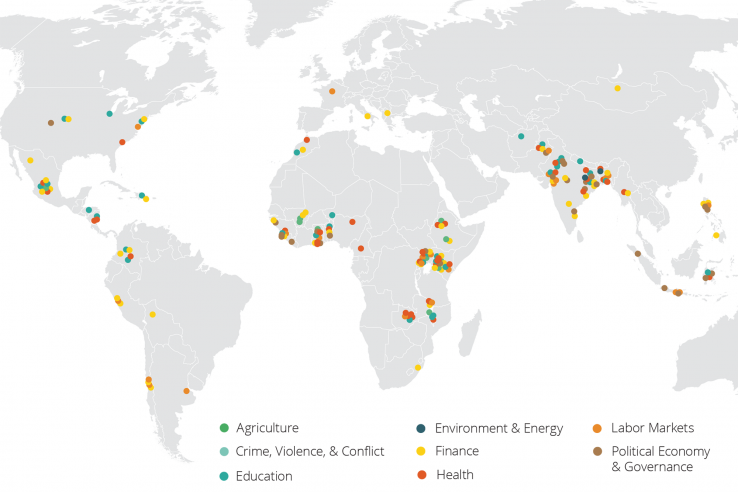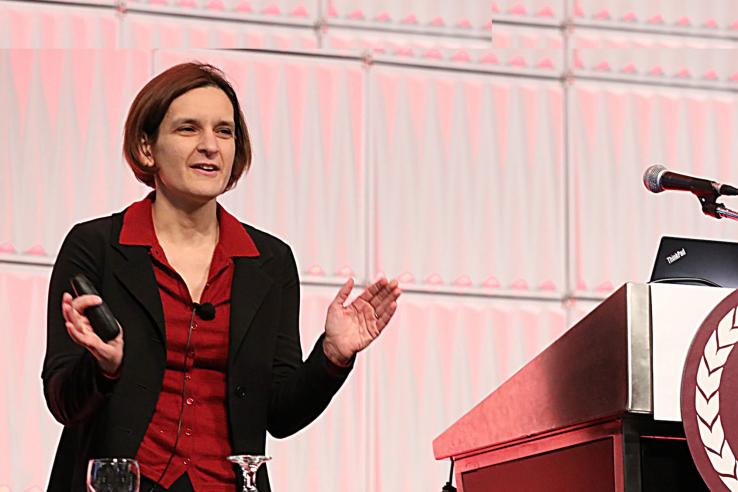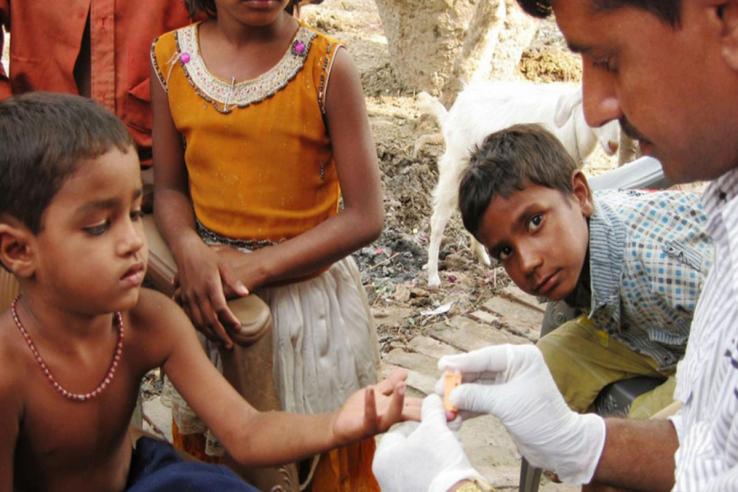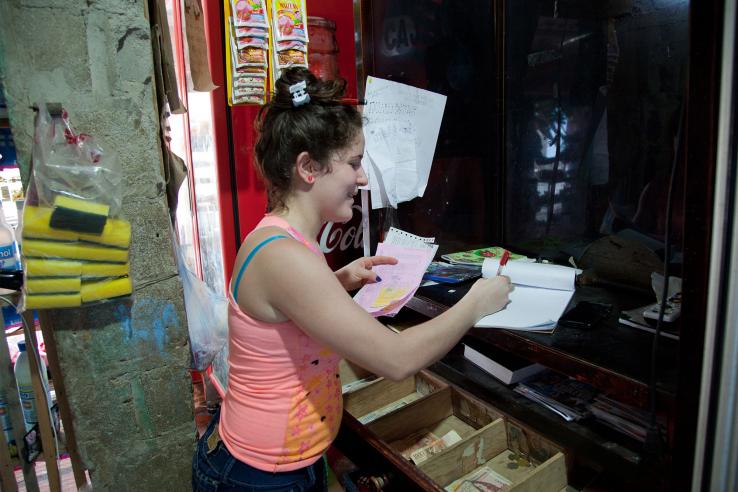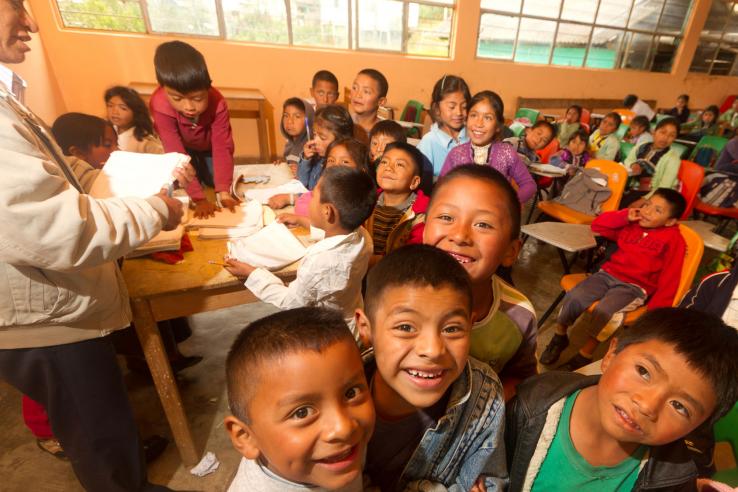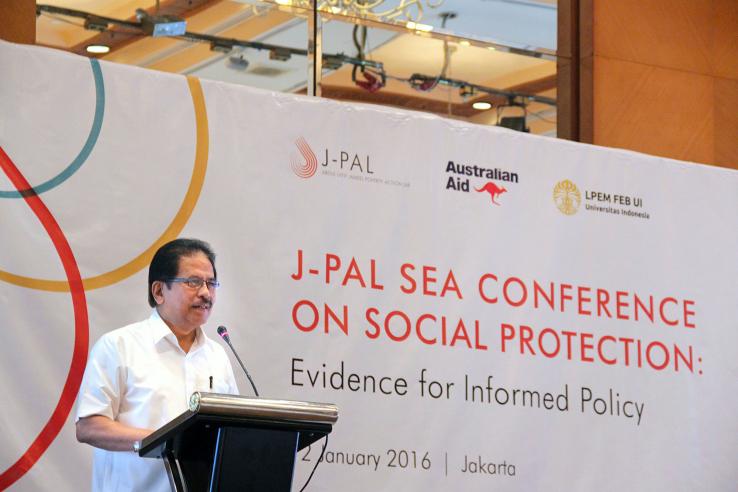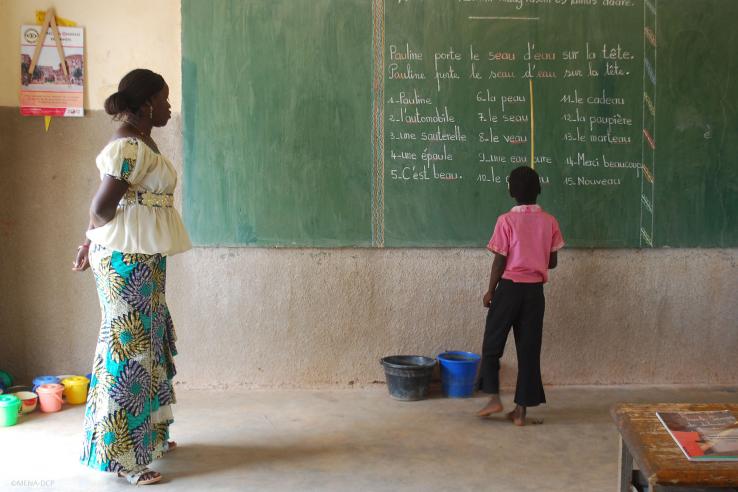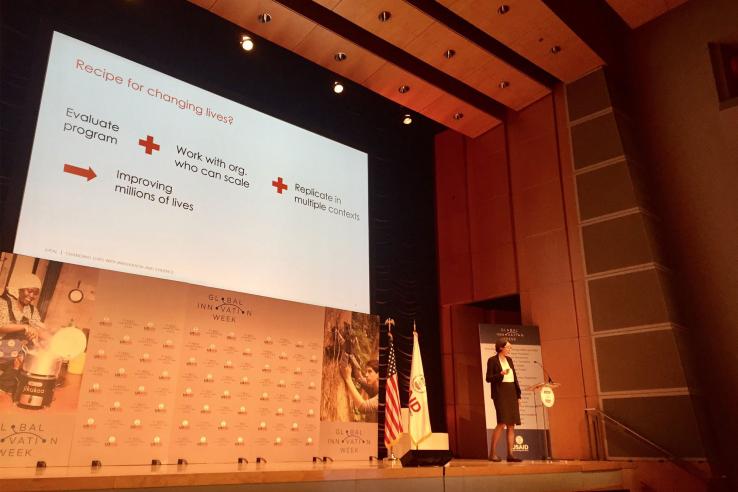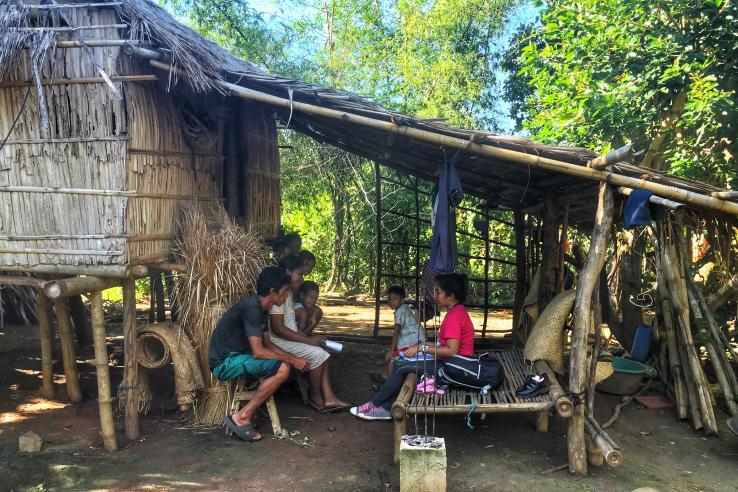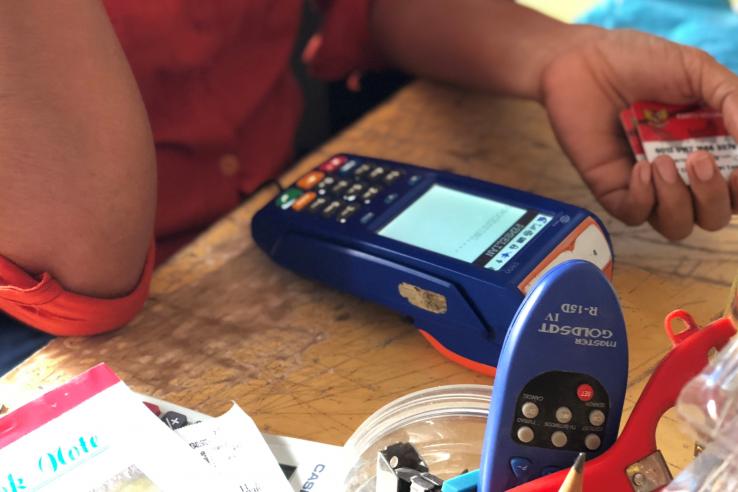Displaying 1561 - 1575 of 8492
Blog
J-PAL and MIT recently announced the launch of a full master’s degree program in Data, Economics, and Development Policy that combines online learning and one semester of residential instruction at MIT. The William and Flora Hewlett Foundation will be sponsoring scholarship opportunities for seven...
Blog
Executive Director Rachel Glennerster shares lessons learned for moving from effective research to action from J-PAL’s nearly two decades of work, including the example of Generasi from Indonesia.
Blog
Women continue to participate in the labor market—or as non-economists would put it, “work”—at different rates than men.
Blog
At the start of a new year, many people around the world set resolutions to improve their lives over the course of the year: to eat healthier food, to be kinder, and to quit smoking, to name just a few. Many resolutions are bound to fade over time—one common statistic claims that only 8 percent of...
Blog
The digital financial services (DFS) sector is among the fastest-growing: the number of financial technology (“fintech”) companies in Indonesia more than doubled from 130 in 2017 to more than 320 in 2019. In addition to this rapid growth in the private sector, the Indonesian government is...
